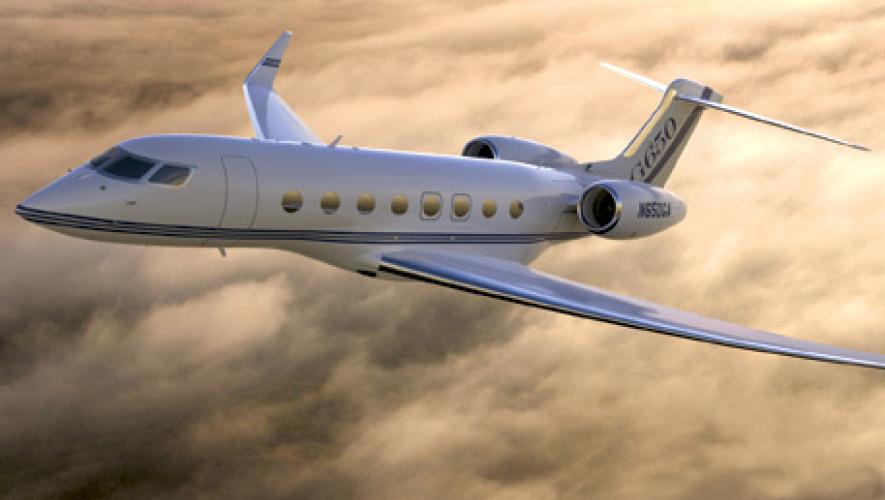Best known as a producer of the Sukhoi Su-30MK series of heavy fighters, Russia’s Irkut Corp. is looking to the commercial sector to provide the backbone of its future. The MC-21 airliner project is now in development and Irkut recently selected a series of Western systems suppliers as it moves toward a projected first flight date in 2014.
Irkut is targeting the MC-21 at a number of market niches and is proposing a family of three versions. The lead variant is the MC-21-200, with 150 seats at a 32-inch pitch. Later will come the MC-21-300 (181 seats) and MC-21-400 (212 seats), and all will be available with various range options. The corporation aims to get the initial version certified and into service in 2016.
MC-21 is a twin-jet narrowbody that competes in the same arena as the Airbus A320 and Boeing 737 families. Both Western manufacturers have shelved plans for new-generation single-aisle airliners, and Irkut hopes to capitalize by offering a product that it claims offers 10- to 15-percent lower operating costs. It also has a wider fuselage, making it more comfortable for passengers, and its noise and exhaust gas emissions are planned to fall well below current and predicted restrictions.
Irkut naturally views the Russian market as a strong opportunity for the type, especially given the need to radically modernize the internal air transport network. Several other countries in the Commonwealth of Independent States, as well as others further afield have registered interest. From the start of the program Irkut has analyzed the requests of 42 carriers operating in various sectors.
Late last year the company selected a number of U.S. and French partners for the MC-21, including Pratt & Whitney for the powerplant. It chose the PurePower PW1000G geared turbofan, although Irkut will also offer a Russian option in the form of a new jet engine under development at the United Engine Corp. The MC-21-400 version would require thrust levels of more than 30,000 pounds.
Irkut will integrate the avionics system with components supplied by Rockwell Collins in conjunction with the Russian company Avionica. Rockwell Collins is also part of the team providing the control system, along with Aviapribor Holding and Goodrich.
Other suppliers identified include Hamilton Sundstrand for the wing de-icing system and auxiliary power unit. Hamilton Sundstrand is also involved in collaborations with ECE for the electric system, Nauka for the air-conditioning system, l’Hotellier for the firefighting equipment and Intertechnique for the inert gas system. Intertechnique additionally is to provide fuel and oxygen systems. C&D is the partner for the interior, Eaton Corp. is to provide the hydraulic system (with more than half of the units being made in Russia) and Nizhny Novgorod-based Hydromash will provide the undercarriage.
Irkut’s Current Programs
Today the main product of the Irkut Corp. is the Sukhoi Su-30MKI and its derivatives. Around 300 have been ordered from the factory and 150 delivered to date. Irkut has supplied Su-30MKIs to India, Su-30MKMs to Malaysia and Su-30MKAs to Algeria and continues to develop the type. The factory is also building the Yakovlev Yak-130 advanced trainer, which passed its state tests late last year. Russia and Algeria have ordered the type, while Libya has shown strong interest.
In the commercial arena Irkut has a quarter stake in the Airbus freighter conversion joint venture established with Airbus, EADS Elbe Flugzeugwerke and the United Aircraft Corp. in 2007. The Irkutsk plant provides components for the conversion of Airbus A320/321s to freighter configuration.







